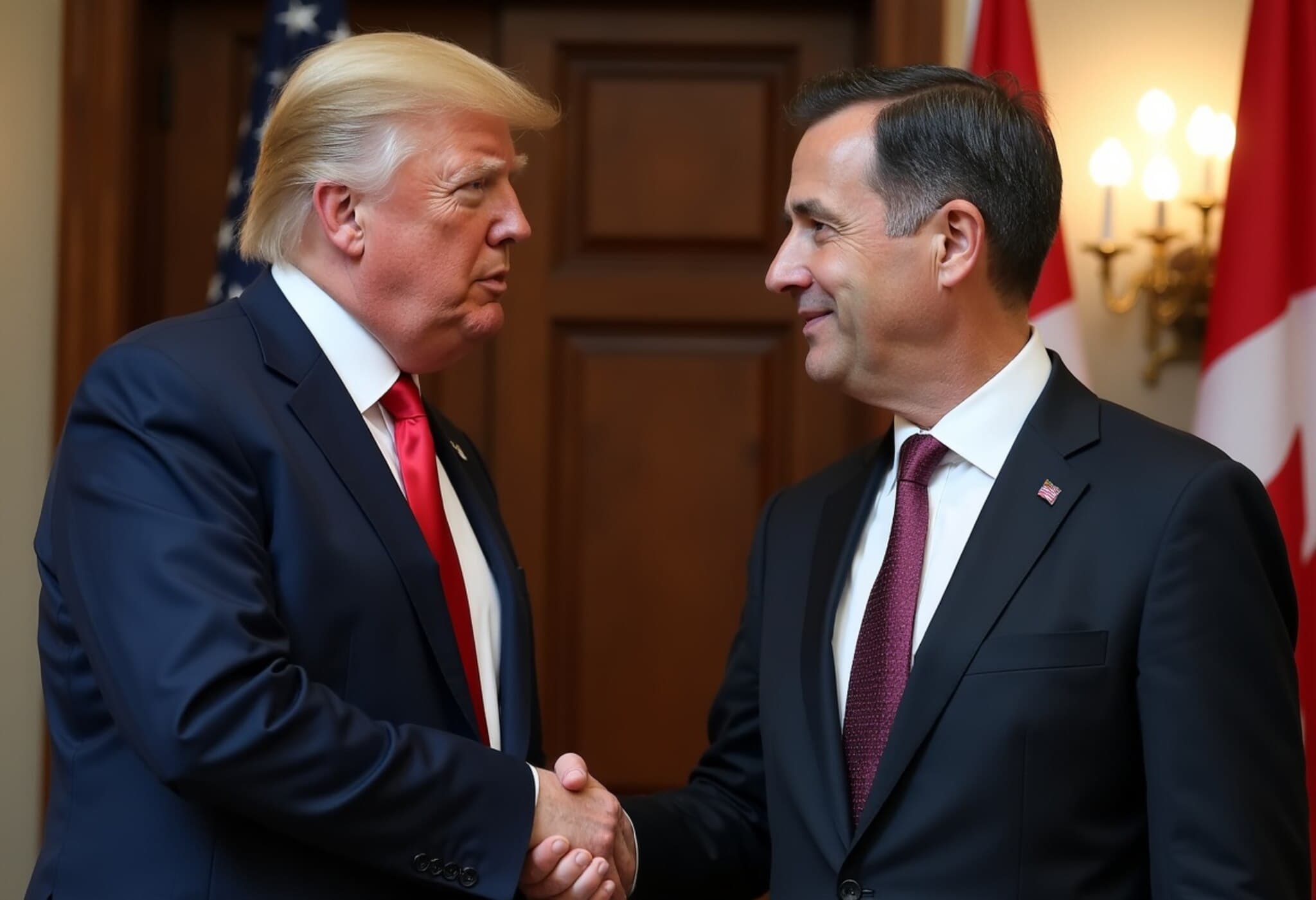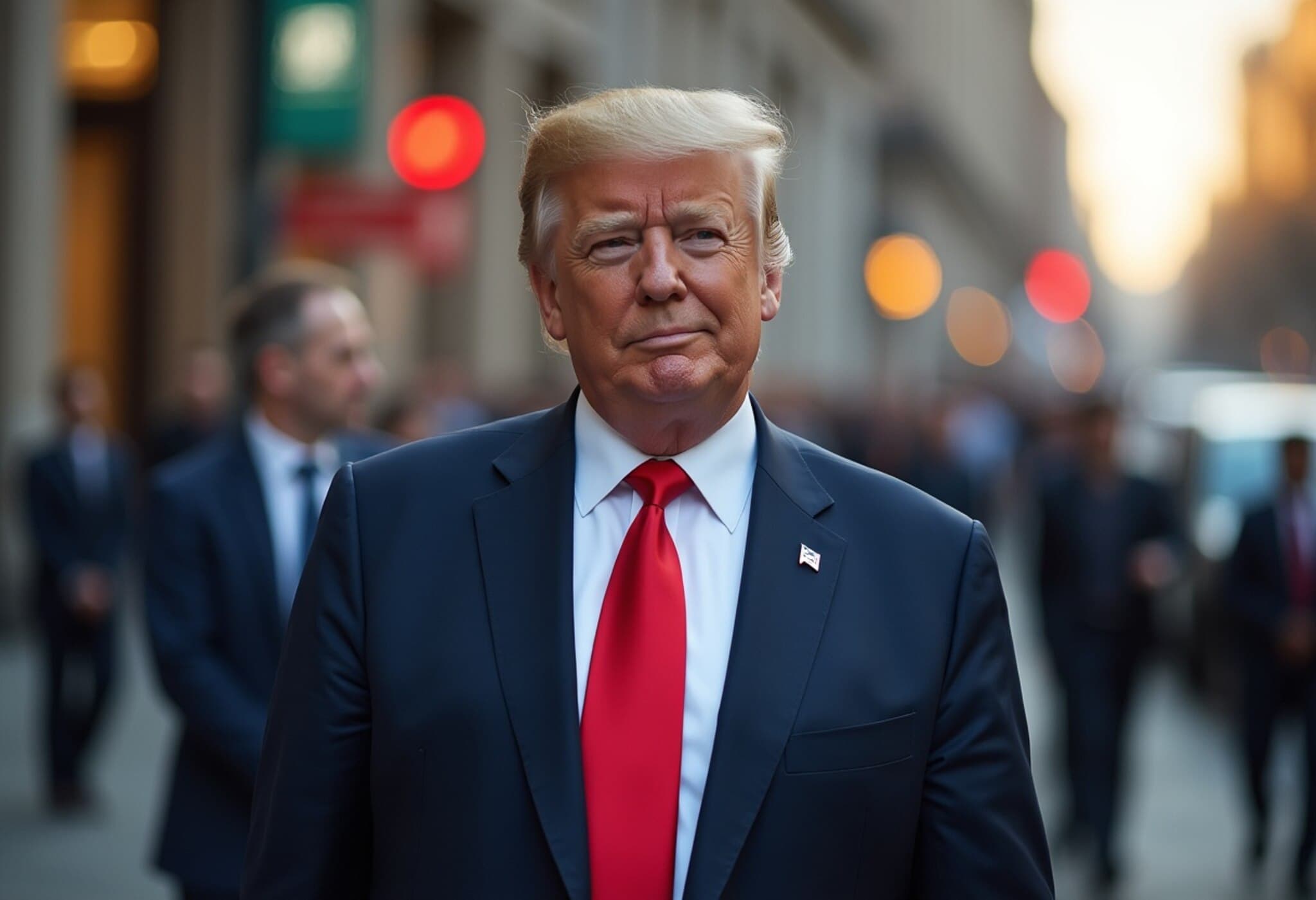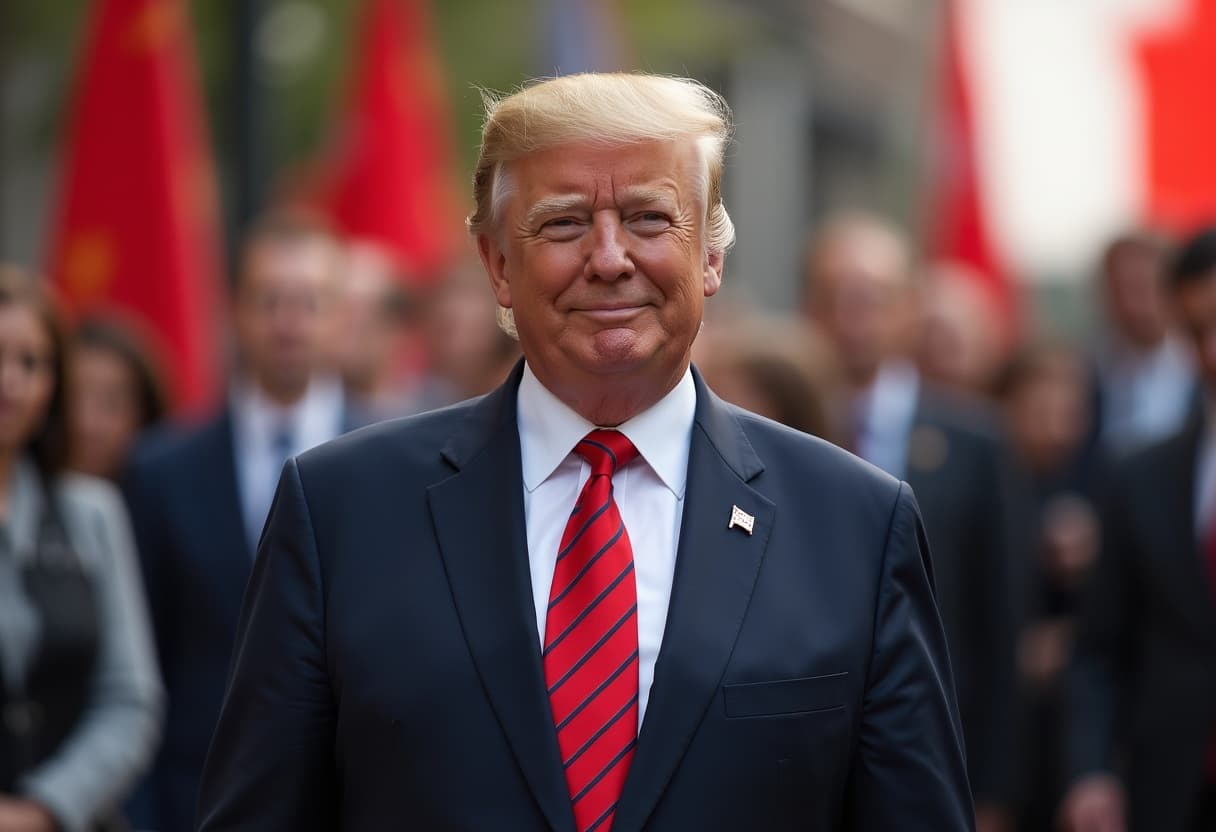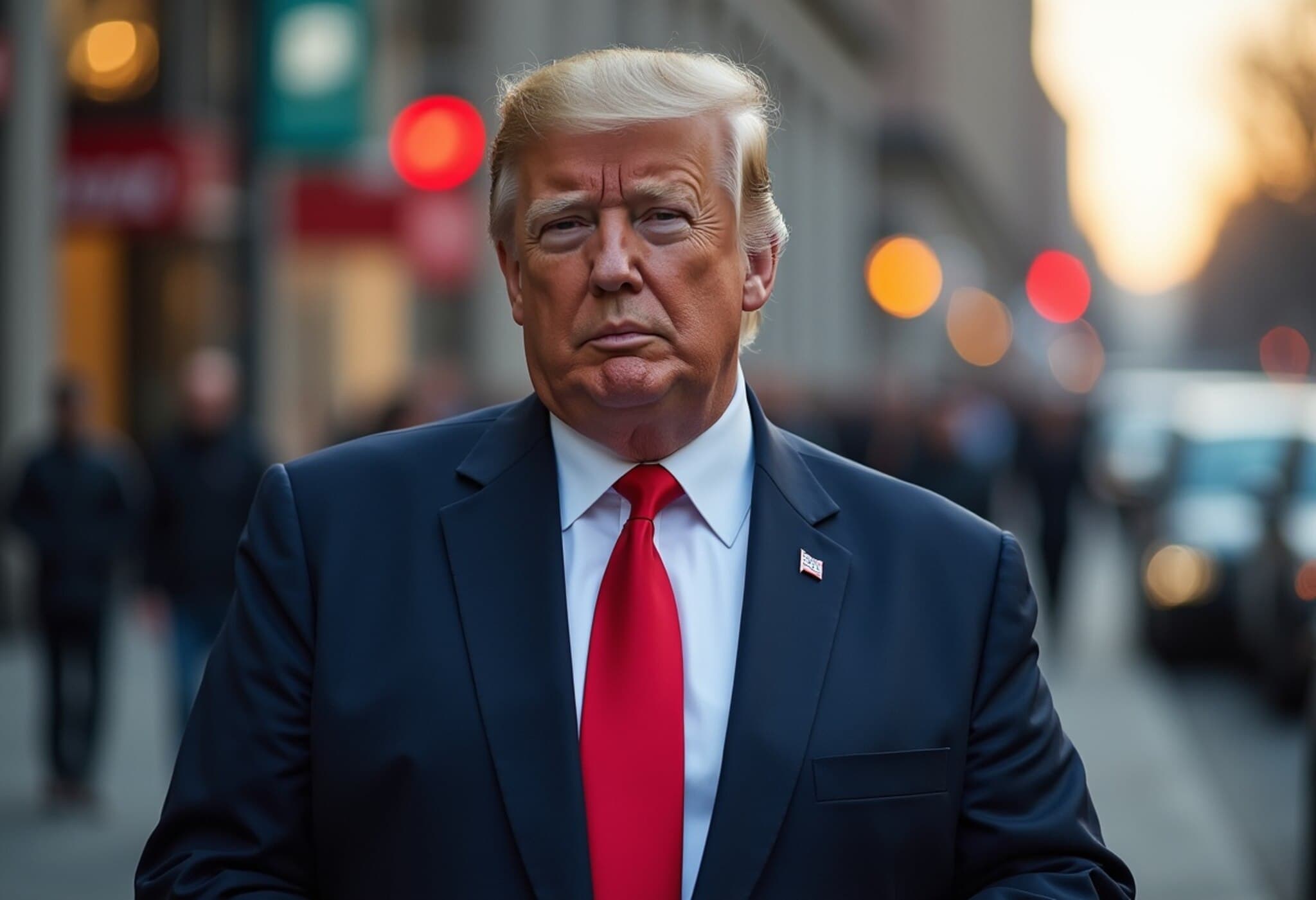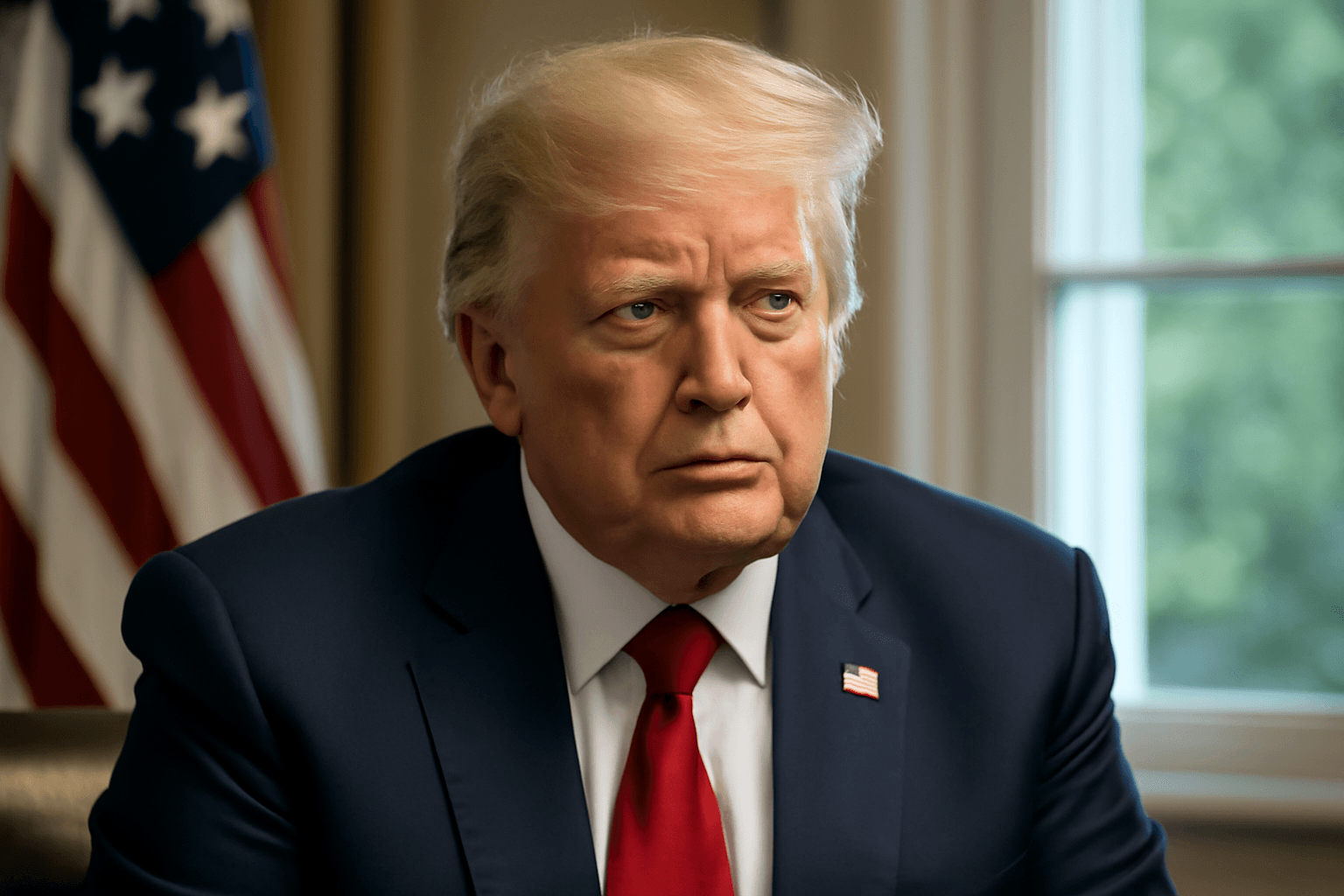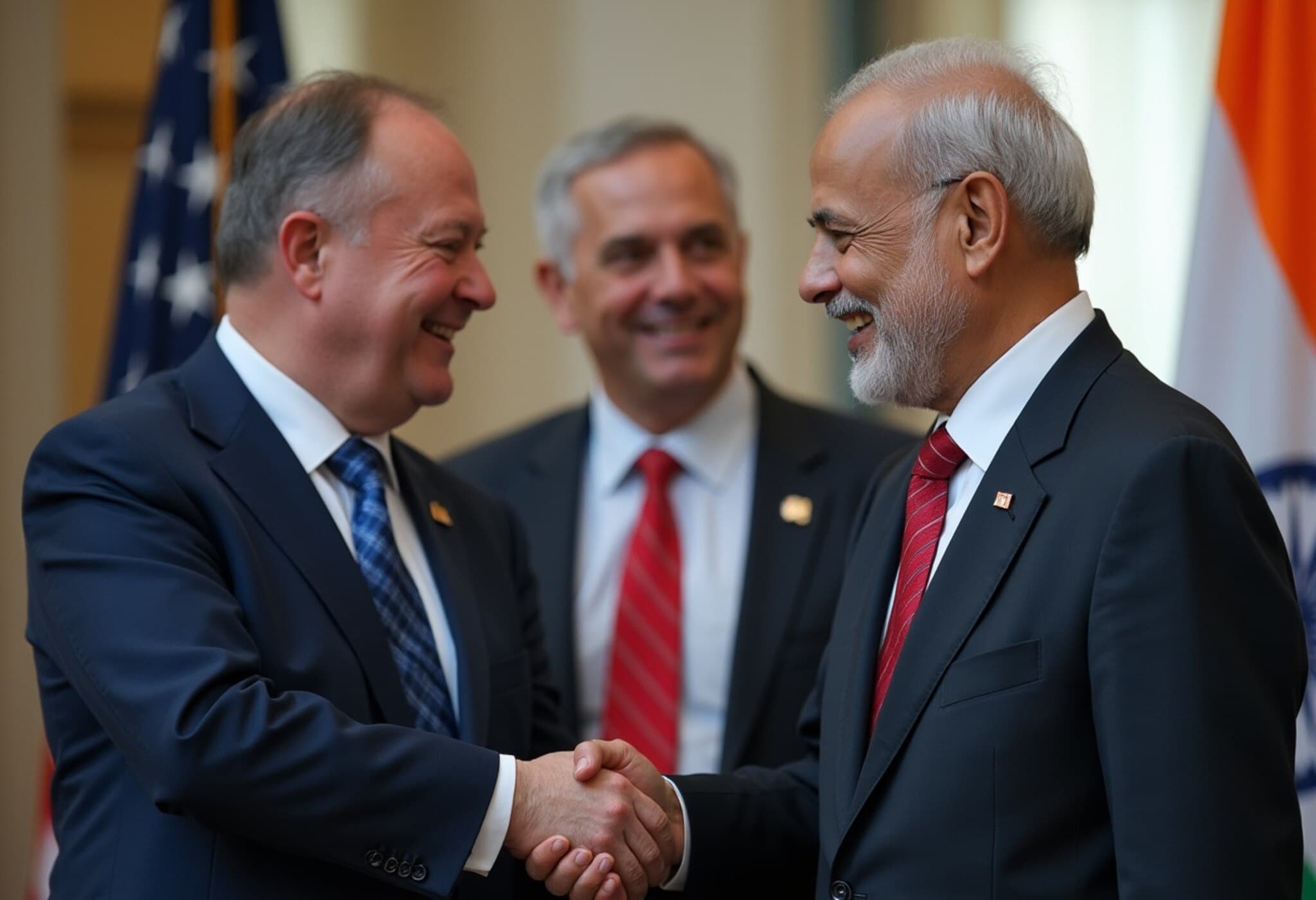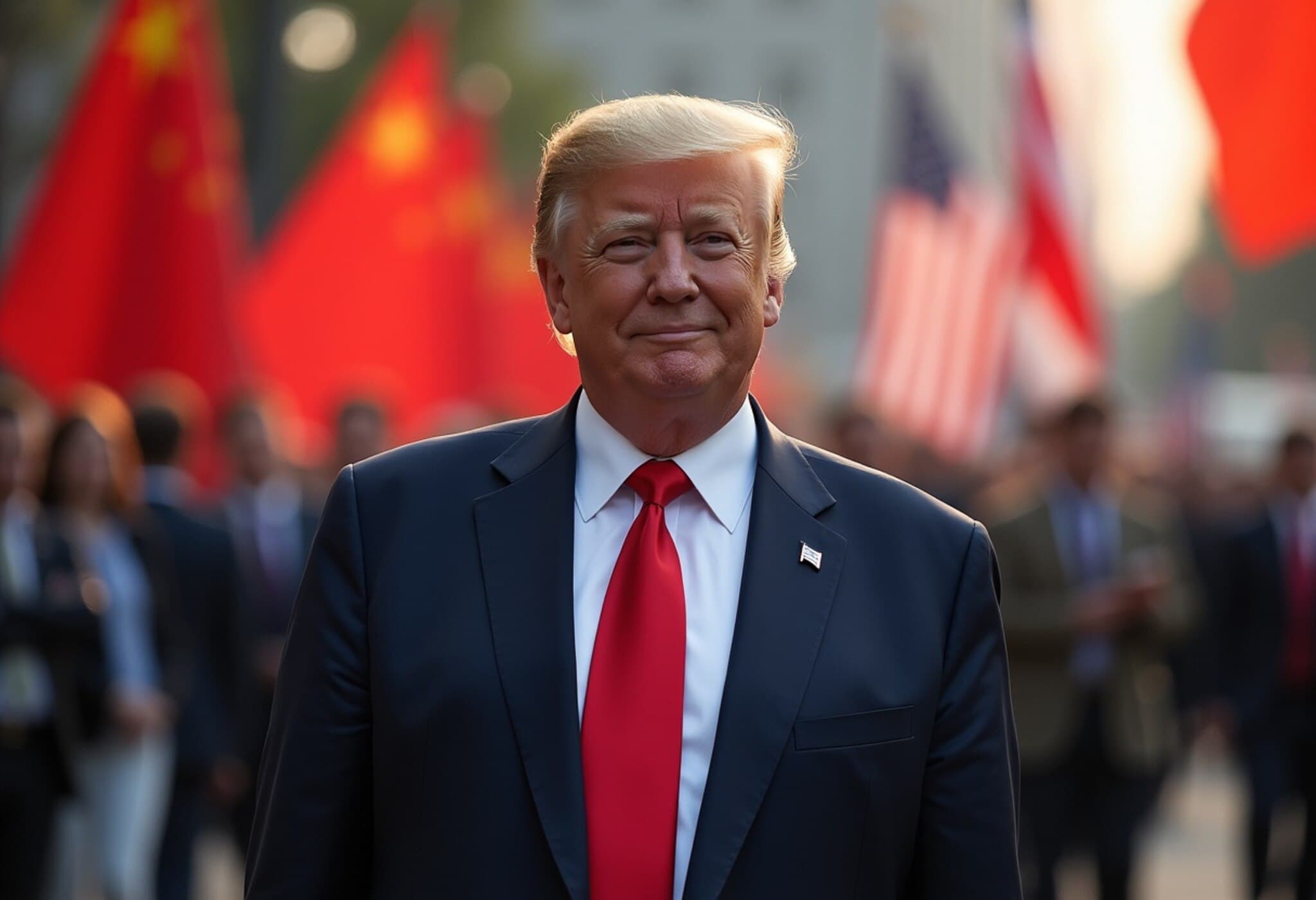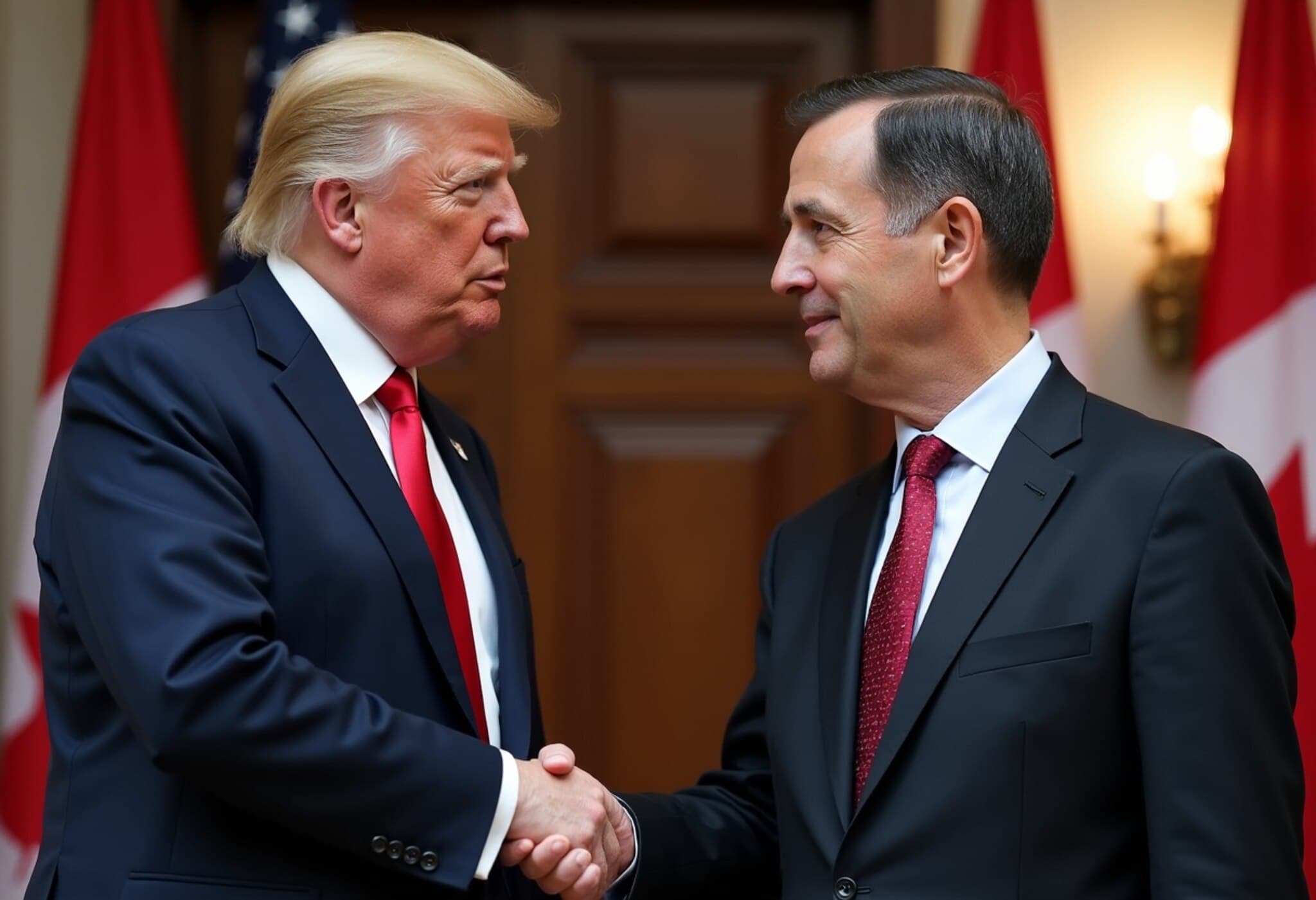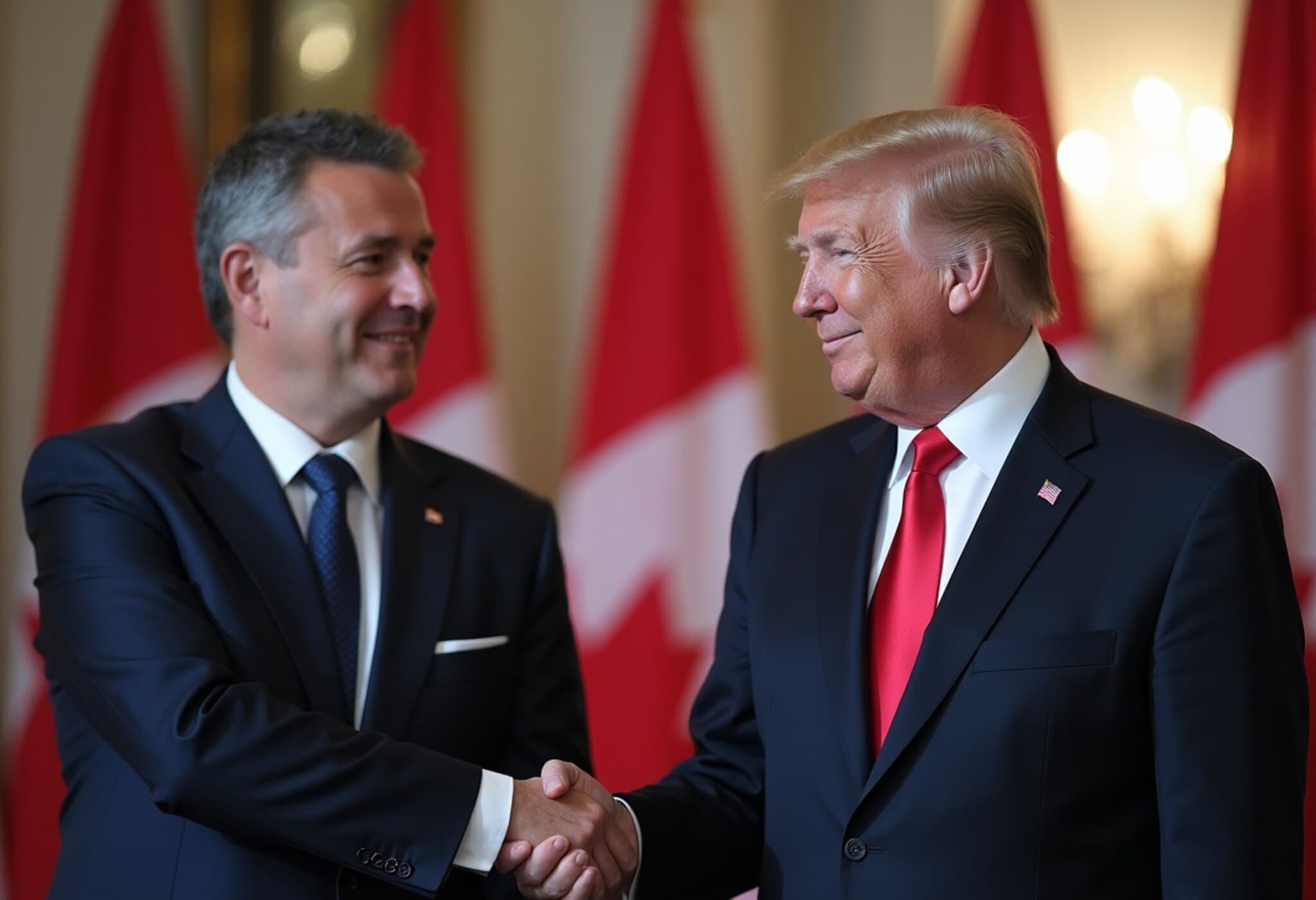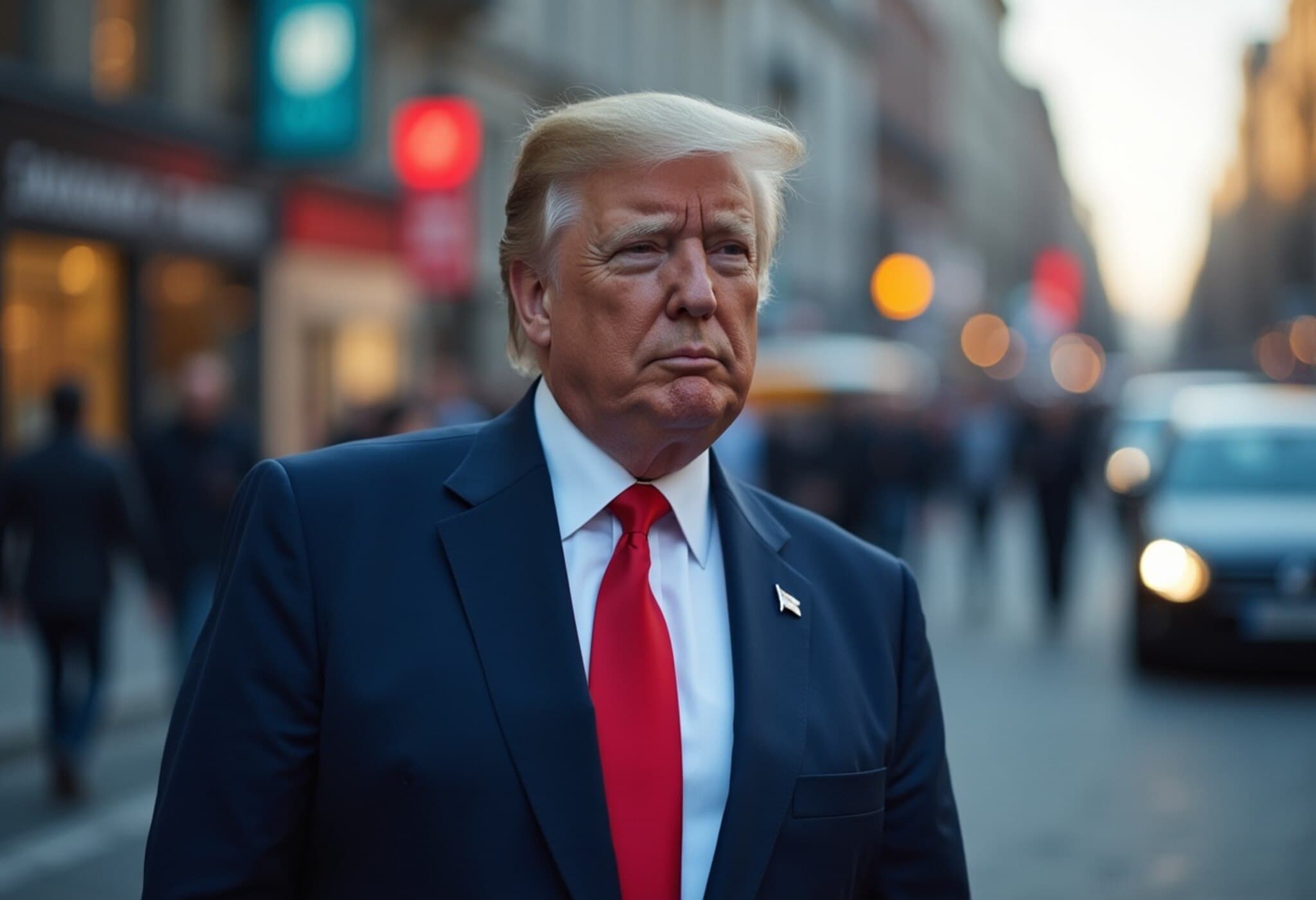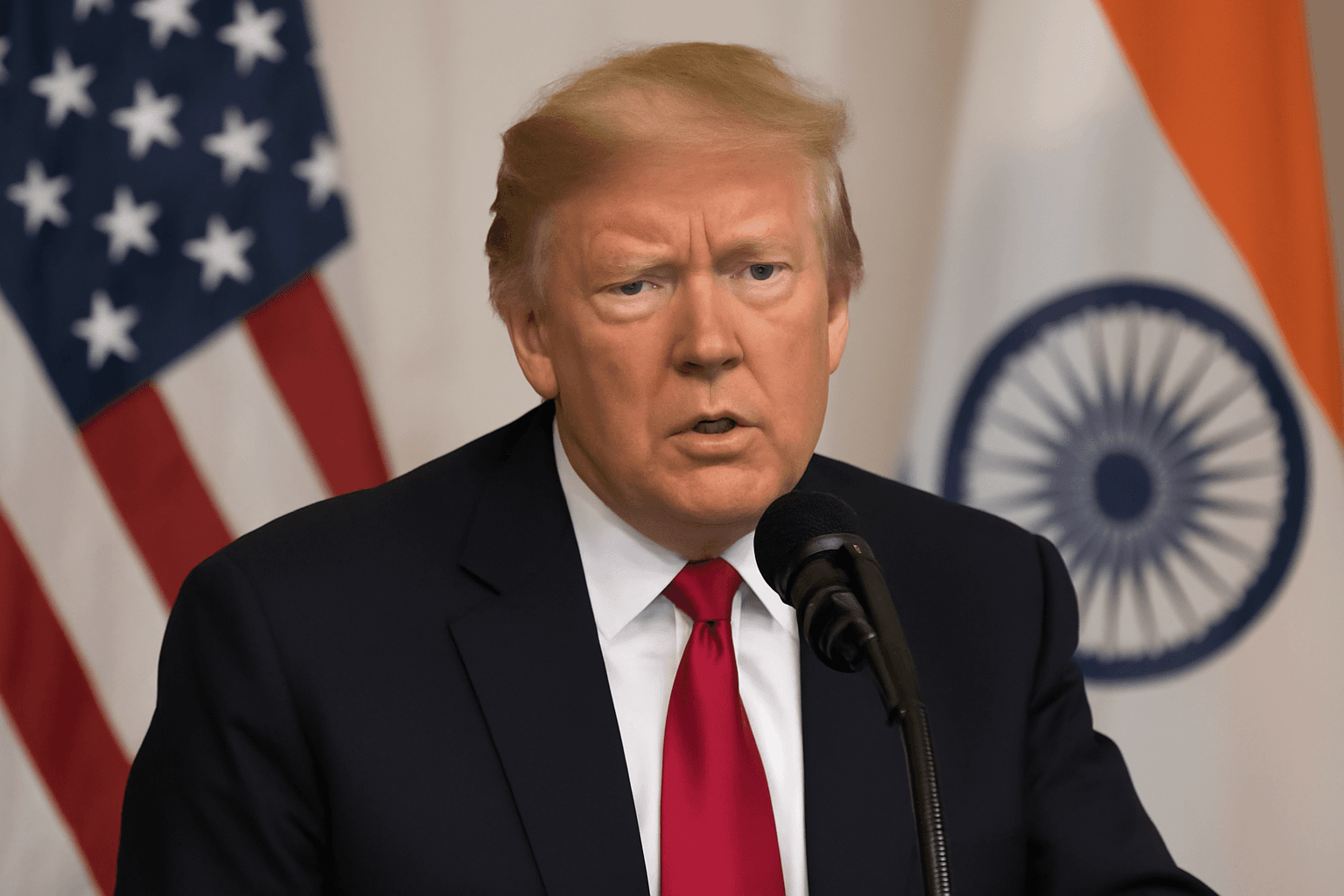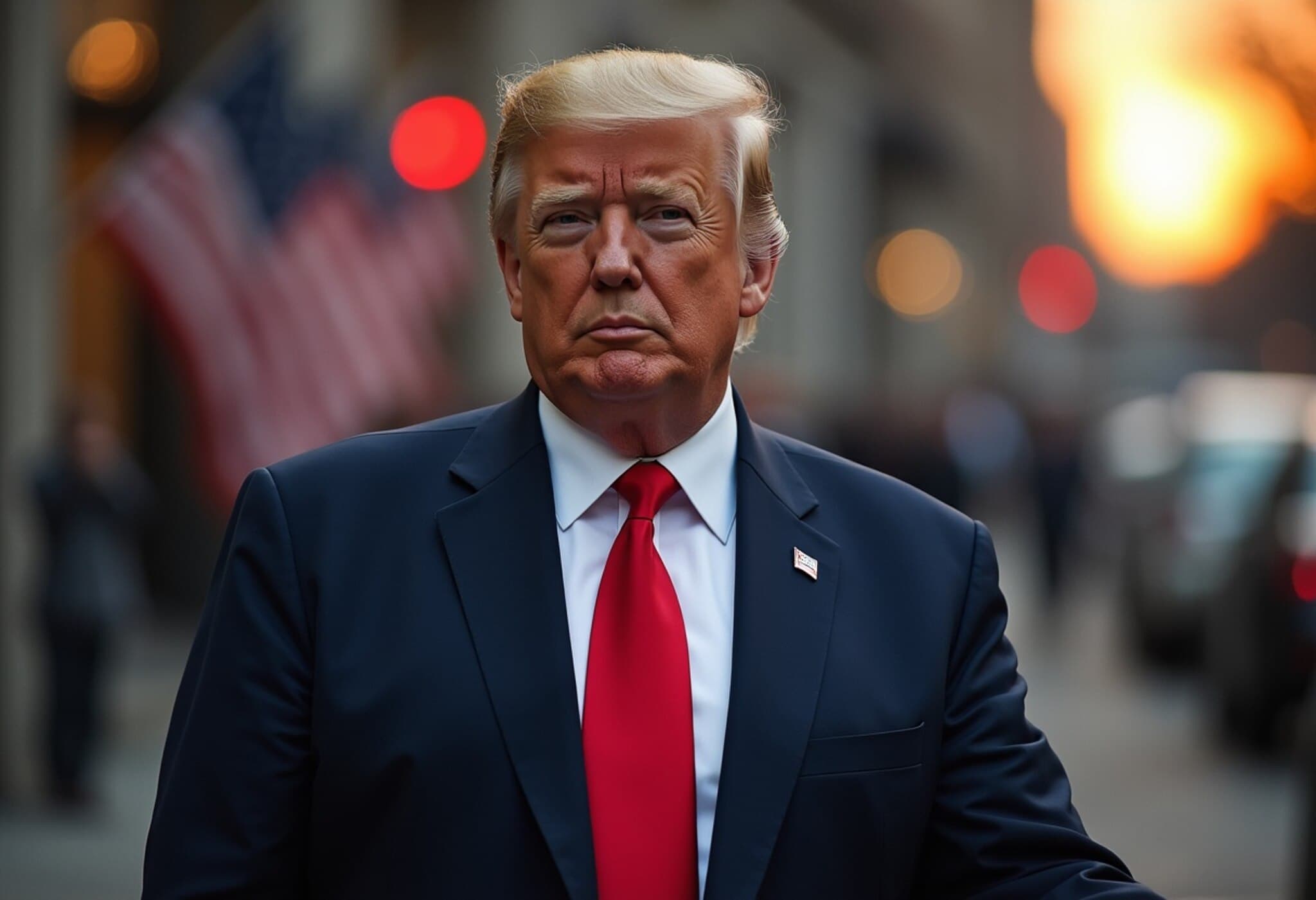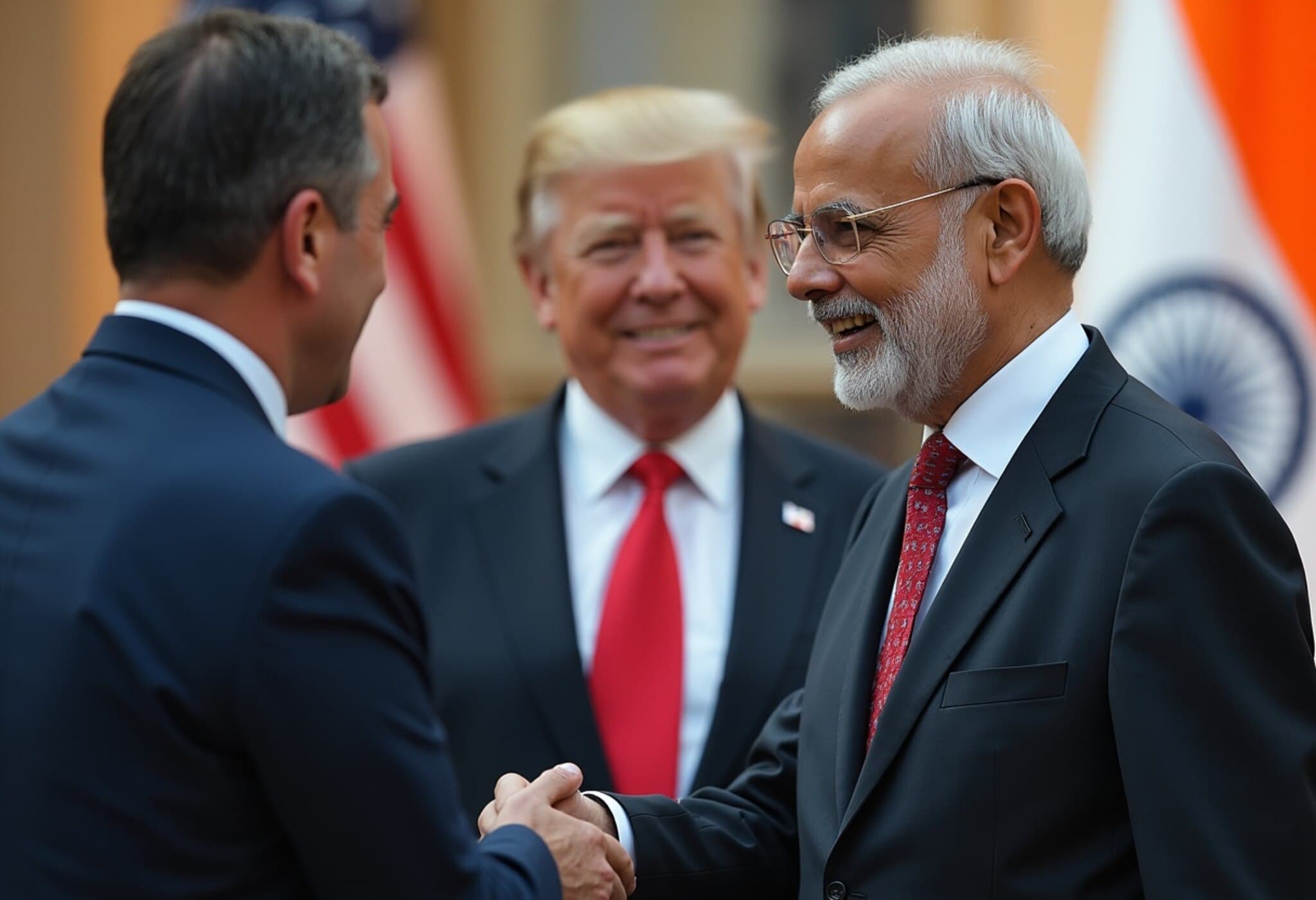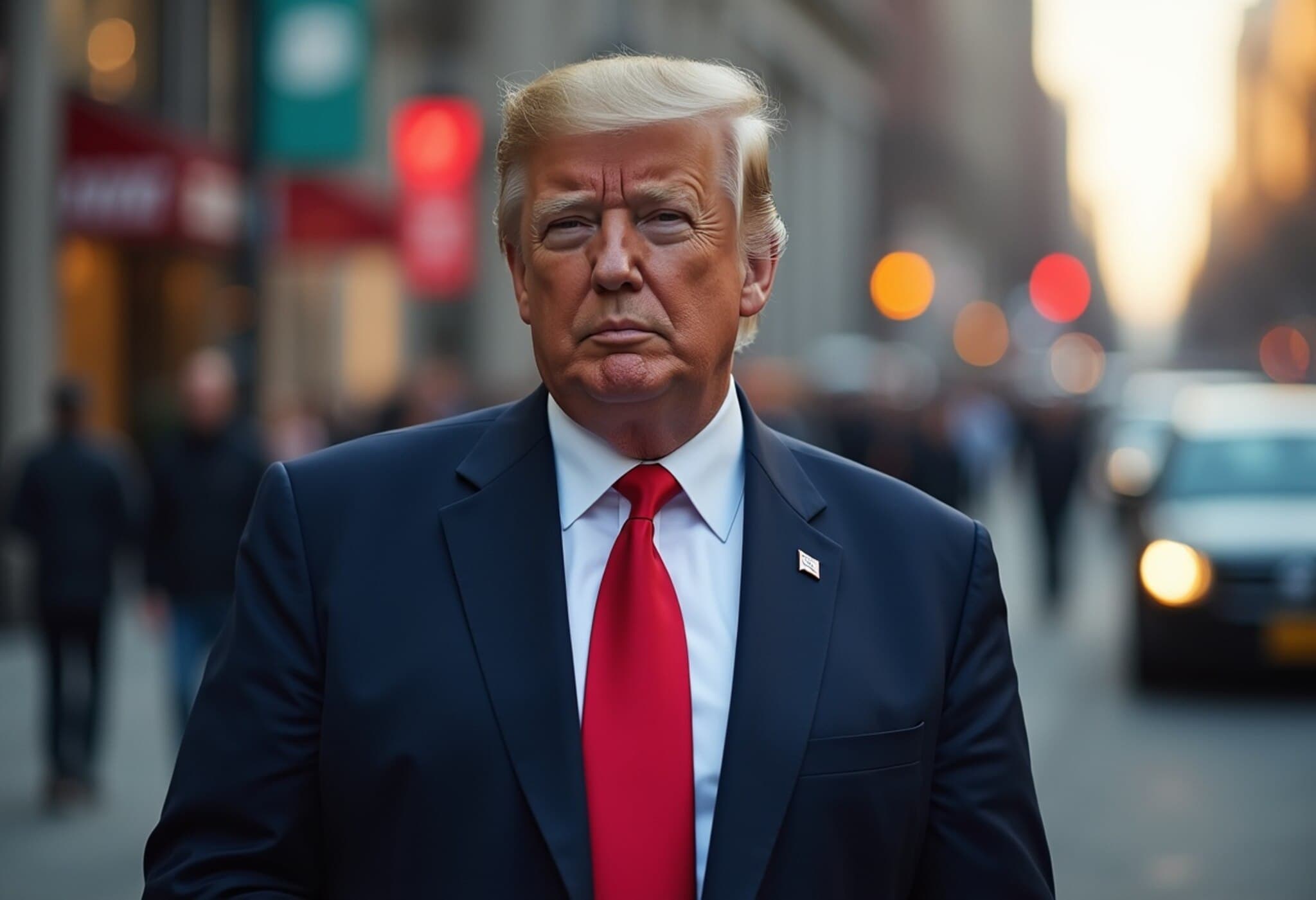Trump and Canada’s Prime Minister Carney to Engage Amid Ongoing Tariff Dispute
In the coming days, US President Donald Trump and Canadian Prime Minister Mark Carney are expected to hold discussions aimed at easing escalating tensions triggered by recent United States tariffs imposed on Canadian goods. This development comes as a significant moment in North American trade relations with both leaders seeking pathways to resolve challenges following new trade barriers amid the US-Mexico-Canada Agreement framework.
Background: Rising Tariff Tensions Between Two Close Allies
Earlier this week, the United States introduced a 35% tariff on a broad range of Canadian products not previously covered by the USMCA — a move that has complicated the already fragile trade dynamics. The tariffs are part of a broader effort by the Trump administration, which has been increasingly assertive in leveraging trade instruments to pursue policy goals, including concerns beyond pure economics.
Washington officials have cited Canada's alleged inadequacy in combating fentanyl smuggling as one justification for the tariffs, framing them as measures linked to both trade and national security priorities. Yet, Canadian Prime Minister Carney strongly refutes this characterization, highlighting that Canada contributes to less than 1% of fentanyl imports into the US and continues to advance efforts to further suppress illicit drug flows.
Diplomatic Engagement and Prospects for Resolution
Dominic LeBlanc, Canada’s Cabinet Minister responsible for US-Canada trade relations, expressed cautious optimism on Sunday during an interview on CBS News’ Face the Nation. He emphasized that recent exchanges with US officials exhibit a constructive tone, and that dialogue remains open and ongoing.
LeBlanc specifically referenced talks with US Commerce Secretary Howard Lutnick and US Trade Representative Jamieson Greer as encouraging, although he underscored that the parties have yet to reach an agreement that fully addresses the concerns of both economies.
“We’re encouraged by the conversations, but we’re not yet where we need to be to secure a deal that benefits both countries,” LeBlanc said.
He anticipates a direct conversation between Carney and Trump soon, hoping that such high-level engagement will pave the way for negotiating tariff reductions and provide essential certainty for investors and businesses operating across borders.
Underreported Dimensions: Economic and Policy Implications
Beyond the immediate dispute, this tariff escalation between two close trading partners raises broader questions about the evolving nature of US trade policy under the Trump administration, and its willingness to link security issues such as drug trafficking directly to trade enforcement. For Canadian businesses and workers, the increased tariffs introduce unpredictability that could affect investment decisions and supply chain operations on both sides of the border.
Experts note that while tariffs may aim to pressure Canada on combating illicit drug smuggling, conflating complex law enforcement challenges with economic penalties risks deteriorating essential bilateral cooperation.
Looking Forward: What the Talks Could Mean for North America
- Potential tariff relief could reignite confidence in cross-border trade and investment, stabilizing sectors that rely heavily on integrated supply chains.
- Continued disputes might compel Canadian market actors to seek alternative trade partners or accelerate diversification efforts.
- The dialogue may serve as a bellwether for how future issues—such as environmental standards, labor rights, and security cooperation—are negotiated within the USMCA framework.
Editor’s Note
This developing dialog between President Trump and Prime Minister Carney serves as a crucial test for the resilience of US-Canada relations under growing economic and political pressure. While tariffs are often portrayed in black-and-white economic terms, they deeply affect livelihoods, communities, and diplomatic goodwill. Observers should watch closely how this interplay between trade policy and broader security concerns unfolds, as it may shape the trajectory of North American cooperation for years to come.
Key questions remain: Can two long-standing allies realign their priorities to find mutually beneficial solutions? Will trade measures linked to issues like fentanyl smuggling enhance or undermine collective efforts to tackle shared challenges? The outcomes will reverberate well beyond tariffs themselves—impacting not just markets, but trust and partnership at a critical historical moment.

